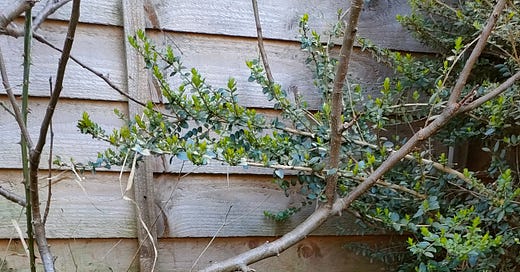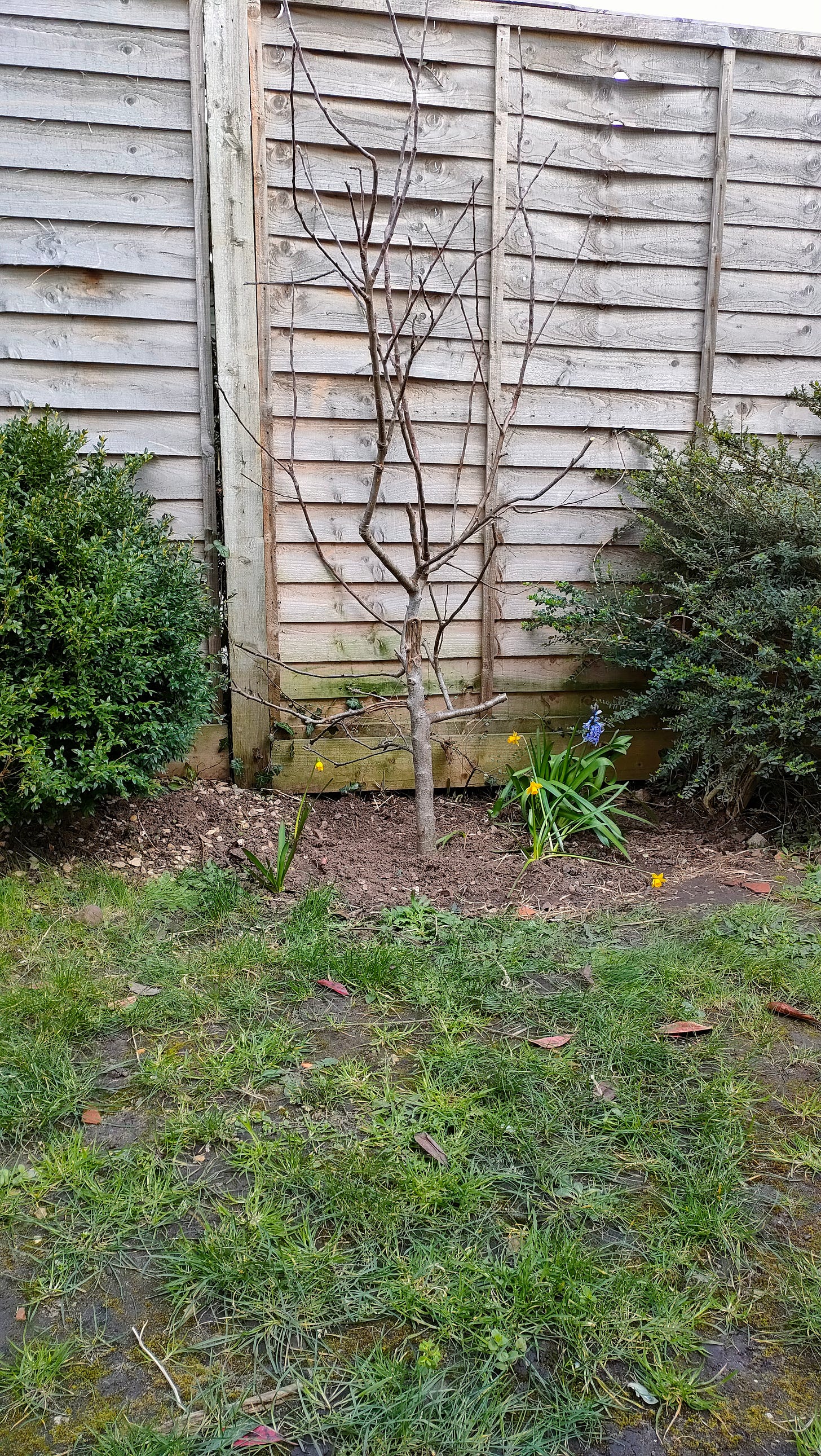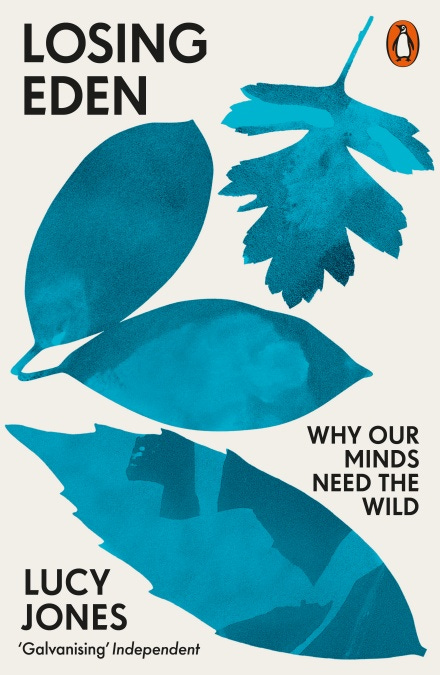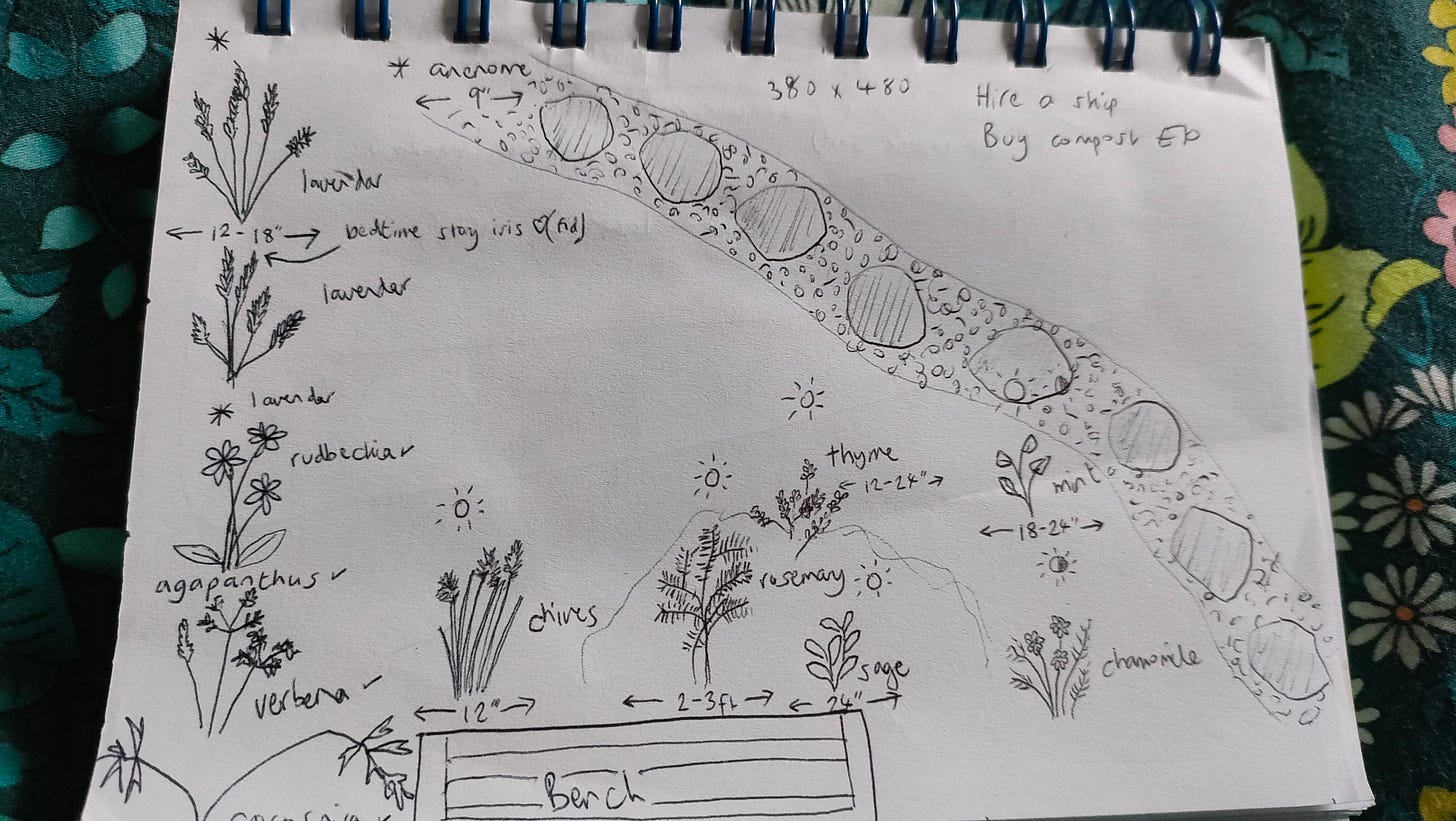Okay, so I keep saying I’m going to write about joy, but that mofo can be elusive in this life of wonder and flesh and death (and discussions of WWIII). Sometimes joy is in the small pleasures you sustain in times of great sadness.
We’re dealing with sad news at our house this week, and so I am keeping it very simple as I’ve learned is best during The Bad Times. When grief strikes, I head for the fields or the woods - or if energy is especially low - the garden. The sweet garden is only a few footsteps away, and I’m so glad to finally have a patch of my own so I can venture outside even if I still in pajamas. Which rn is always.
Going outside always makes me feel better, even if only a little. And so I have nudged myself to step outside whenever possible.
First, I decided to clear the way for these daffodils, planted by the previous owner, and which I hadn't noticed before.
It was cheering to create space for these sweet babies, and I also pruned this tree (does anyone know what it is?)
Plants have such healing potential. We’ve always known this, intuitively, but now the research is emerging to prove our instincts/ancient inherited wisdom via science. Hurray! Biophilia is a term I learned recently. It was made popular in 1990 by Edward O Wilson in his book of the same name, and it means the innate human love of all that is alive; an essential love that binds us irrevocably to every living thing.
I learned of it in a remarkable non-fiction book called Losing Eden by Lucy Jones. She discusses this idea of biophilia and shares the huge onslaught of research showing how engaging with nature improves human mental health. She connects the current mental health and addiction crises we are experiencing, with our increasing disengagement from our place in the ecosystem.
It’s something I’ve been thinking a lot about since I got sober. The narrative non-fiction project I’ve been writing centers around this, though in a much less research-heavy way. Because, like Lucy, rewilding myself was a huge part of my recovery from alcohol addiction. Immediately after I got sober - when I didn’t even really know that’s what I was doing - I signed up for a bushcraft course in the woods.
I felt called to the forest, and with nothing better to do, and a need to escape my usual routine (and the proximity of white wine in Tescos) I actually went. Next, I enrolled in a year-long practical sustainability (also known as permaculture) course. I needed something to distract me from this gigantic change I seemed to be making, that I didn’t entirely understand, but which seemed incredibly important.
I also needed something that felt like purpose as I’d been drifting for too long, and was growing seriously frightened. For a year, I focused on how to live in harmony with the planet, which included a lot of wellbeing-focused activities which I loved and scorned in equal measure.
After the course finished, I got a full-time job working as an organic gardener. All of this greenery-engagement was as essential to my successful transition into sobriety/not being so depressed as learning about addiction, attending AA meetings, prescription medication and going to therapy.
Losing Eden explores why our connection with nature feels so healing, and Lucy incorporates an incredible amount of the latest fascinating research on the topic to make a compelling and irresistible case for the essential role nature plays in our wellbeing. Whether we acknowledge it or not.
It’s so obvious, and yet, we need it to be proven by science if it is to be taken seriously and lifted from the realm of the witchy woo woo (which personally I am increasingly into). If MPs and policymakers are going to take it seriously, they need evidence. The good news is that the evidence is in.
Getting sober somehow returned me to the knowledge that being with trees made me feel calm. I awakened to the unbelievable wonder and charisma of ornamentals, which I had previously undervalued due to their lack of practicality. I quickly grew to rely on the way in which spending time with plants, feeding and nurturing them, made me feel better. Getting to know their qualities and preferences felt soothing and gentle and worthwhile. It slowly restored my worn-out spirit.
Working with and studying plants was a happy, healing chapter of my life in which I learned so much and worried rather little. But the English winters were intolerable for my cold-even-in-summer hands, and so I found myself drawn back to the seminar room for a while. Nowadays, I still stare longingly at the daffodils outside the windows and remember when my full-time job was burying fistfuls of those miraculous bulbs.
Now I know I’m autistic, too, my love of the gardening life makes even more sense. Solitude is built-in, and interactions with humans are the rarer part of the day. There is little need for masking when working outdoors. I wonder if us autistic or highly sensitive types particularly benefit from this wild connection since our brain wiring and sensory experience seems to significantly differ. (Maybe this is controversial, though. We all obviously need it, v badly.)
Anyhow, since I learned about permaculture through my course and spent so much time fixing other people’s gardens, I’ve been dreaming of having my own little space so I could use the lessons. I want to make an edible, peaceful garden full of native plants that can sustain bees and birds and wildlife of all kinds, as well as my lil fam.
And so, finally, I am beginning that project. Check it out!
I have little idea what I'm doing but it makes me feel hopeful and peaceful so I know I must be doing it right.
Have you had a similar experience with rewilding? Do The Bad Times call you outside, to get your hands dirty or just be out in the elements? I love to read your replies.
And if you too are feeling sad, then remember it’s okay, and if you let it be, it will eventually pass. Like Little Simz says
“Now I don't wanna be the one to doctor this
But if you can't feel pain then you can't feel the opposite”
Here’s to allowing ourselves and each other to feel it all.
If you like my writing and doodling and can afford it, then please consider becoming a paid subscriber. Writing is my passion and my safe place, but it is also work. Paid subscribers get access to private posts and chats, and you can comment on ALL pieces, too.
And if that’s not for you, then please join my quest to help autistic/sober/human people live better, by sharing this newsletter. 😻
You can connect with the Autistic community on Twitter. If you have a question, use #ActuallyAutistic or #AskingAutistics (or both). You can also visit The Autism Self Advocacy Network and the Autistic Not Weird Facebook page and website.
And if you need help to get sober, you’re not alone. AA worked for me, but there is also SMART and many other modalities. Why not see if they might work for you?
Chelsey Flood is the author of Infinite Sky and Nightwanderers, and a senior lecturer in creative writing at UWE University. She writes about freedom, addiction and love at Beautiful Hangover, and autism and self-compassion at Polite Robot. She is also working on a new YA novel.








Drat I've just done that thing of writing a masterpiece and pressing something and it going into the stratosphere ...
Urrrr I'll be back when the creative flow returns ....😊
Very beautiful (like you)